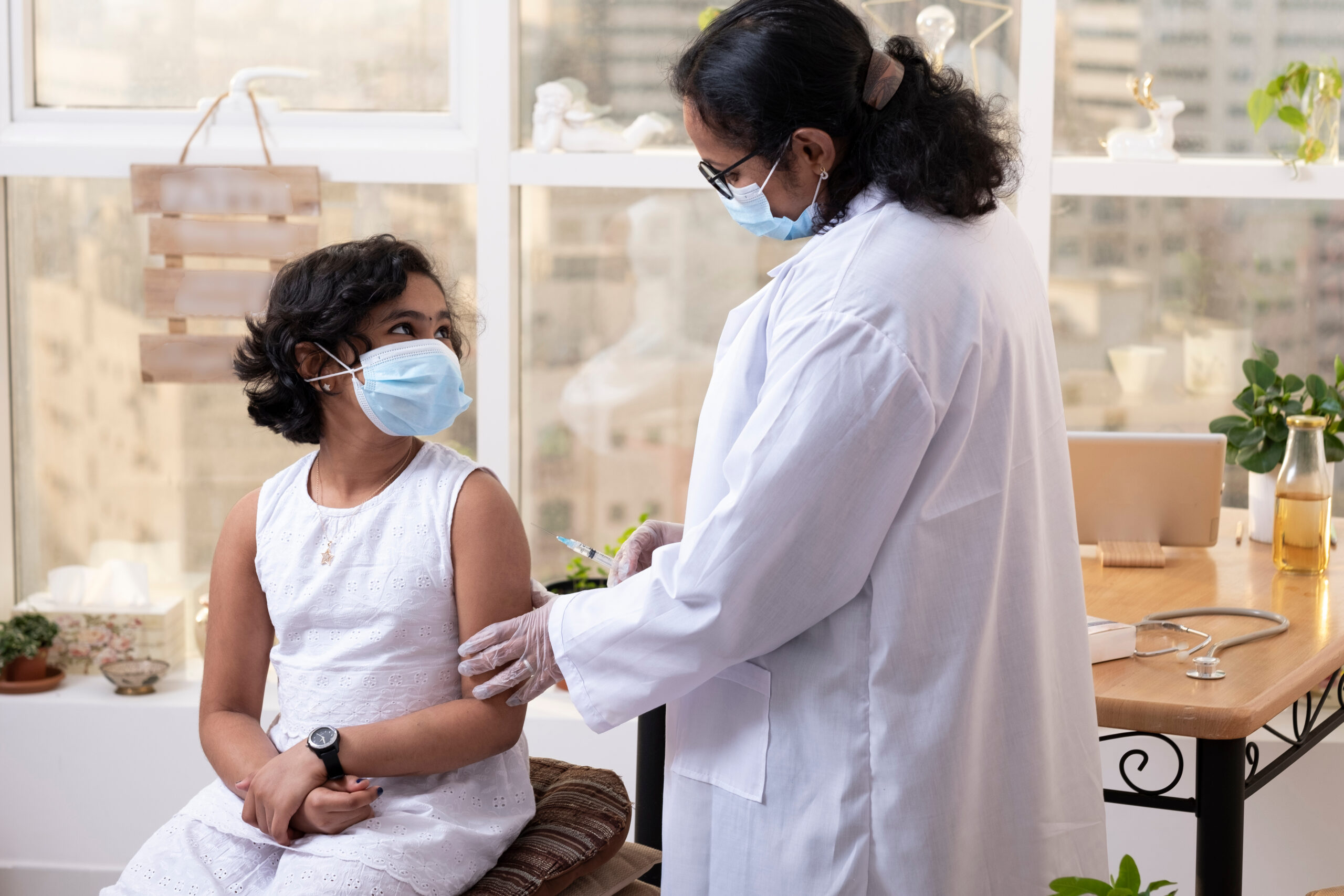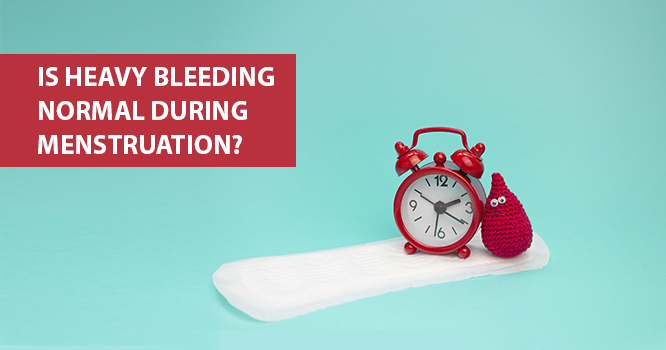Immunization, also known as vaccination, is one of the most effective and important methods to protect against infectious diseases. Immunization works by stimulating the body’s immune system to produce antibodies that can fight off specific infections. These antibodies provide long-lasting protection against diseases, often for a lifetime, and can help prevent the spread of contagious illnesses.

Here are five key points to understand why immunization can’t be a matter of choice.
- Immunization saves lives: Vaccines have been successful in preventing serious diseases such as polio, measles, and tuberculosis, which have historically caused significant morbidity and mortality. By vaccinating people against these diseases, we can save millions of lives each year.
- It is safe: Vaccines are thoroughly tested and approved for use by regulatory bodies globally. The vaccines used in immunization programs are highly safe and effective, and the risks of serious side effects are very low.
- Immunization protects the community: When enough people are vaccinated against a disease, it creates herd immunity, which helps protect those who cannot receive vaccinations for medical reasons or who are too young to receive them. This also helps to reduce the spread of disease in the community, making outbreaks less likely to occur.
- It is cost-effective: The cost of vaccination is far lower than the cost of treating someone who contracts a vaccine-preventable disease. Immunization not only saves money on treatment but also reduces the number of hospitalizations, doctor visits, and missed workdays due to illness.
- Protection for Travel: Immunization is essential for travel, especially to certain countries where diseases such as yellow fever, typhoid, and hepatitis are prevalent. Many countries require proof of immunization against certain diseases before allowing entry.
In conclusion, immunization is essential for preventing the spread of deadly diseases, protecting communities, and saving lives. It is a safe and cost-effective way to keep individuals healthy and prevent the spread of diseases. Vaccination is a crucial public health measure, and it is important for everyone to be aware of its benefits and get vaccinated on time.
































